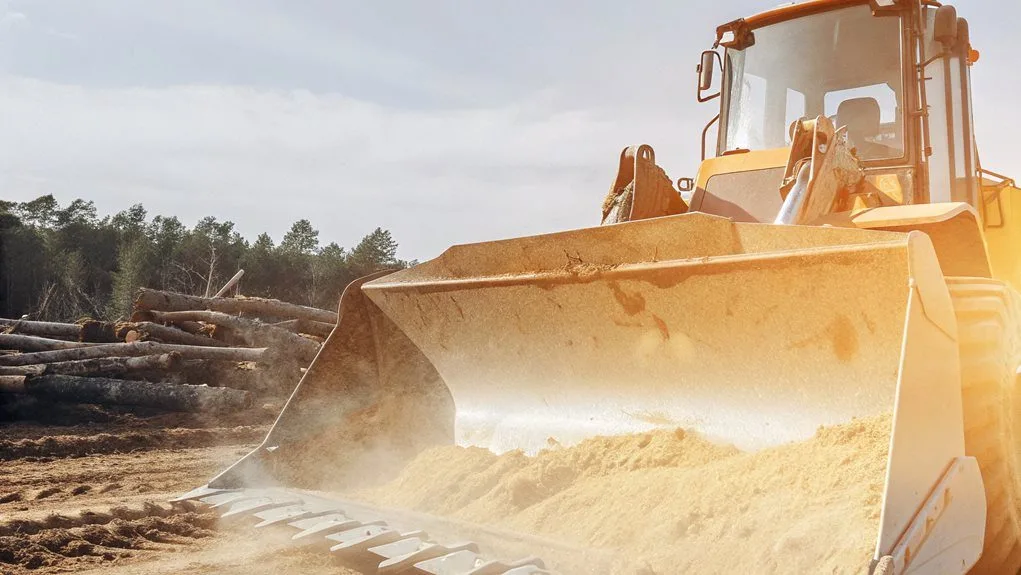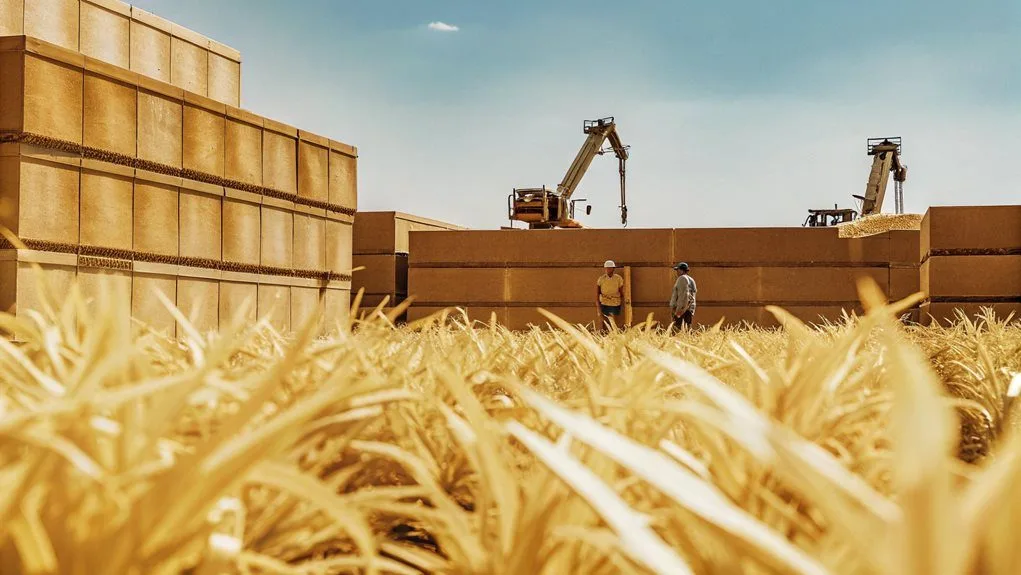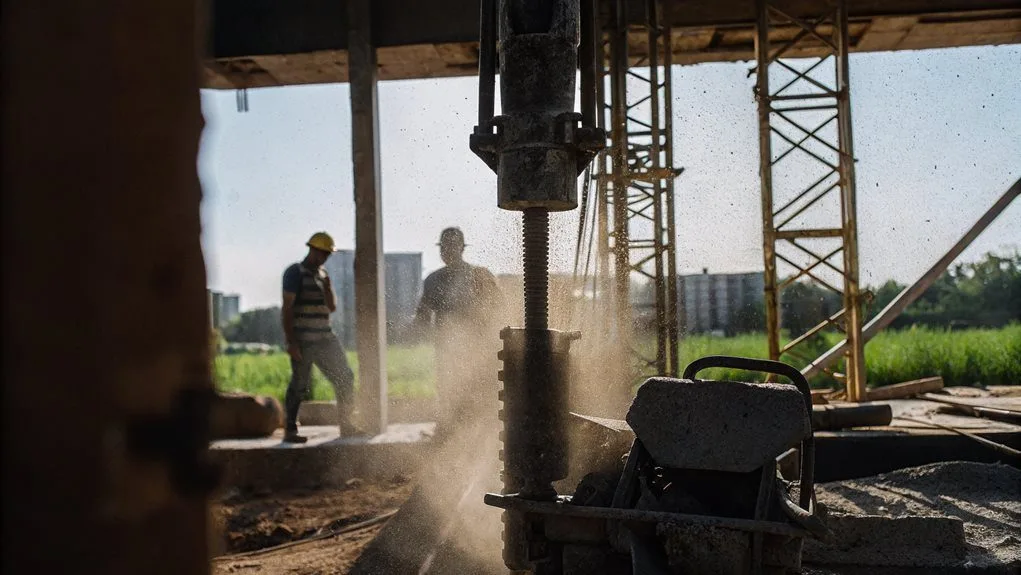In the rapidly expanding world of heavy machinery across various sectors, the quest for efficient and reliable towing solutions is more critical than ever. Whether you're navigating the complexities of transporting oversized vehicles or seeking the latest advancements in towing technology, understanding the nuanced demands of this specialized field is key.
The journey to mastering these challenges involves a mix of proper equipment selection, adherence to safety protocols, and employing specialized techniques tailored to different terrains.
Drawing from years of experience and a deep well of knowledge, this discussion delves into the heart of towing heavy machinery, offering insights that resonate with the needs and concerns of those tasked with this daunting responsibility. By exploring the latest in towing technology, addressing the unique challenges faced by professionals, and providing practical tips for efficient towing, we aim to equip you with the tools needed to navigate this complex landscape confidently.
As we unfold the layers of this intricate topic, you're invited to discover solutions that not only meet but exceed your towing needs, ensuring the safe and successful transport of heavy machinery.
Key Takeaways
- Select trailers with appropriate weight capacities and reinforced frames for safe towing of heavy machinery.
- Implement comprehensive safety measures and protocols, including risk assessments and regular equipment inspections.
- Utilize specialized techniques and expertise, such as advanced winches and rigging, for secure towing operations.
- Ensure legal compliance by adhering to weight limits, obtaining necessary permits, and maintaining proper weight distribution.
Proper Equipment Selection
When selecting the appropriate equipment for towing heavy machinery, it is essential to consider weight capacities and adhere to safety requirements, ensuring compliance with federal and state legal weight limits. Towing heavy equipment requires the use of sturdy and reliable trailers that can withstand the weight and dimensions of the machinery being transported. Custom trailers are often preferred as they can be designed by experts to meet specific heavy machinery towing needs.
Weight capacities play a crucial role in determining the type of trailer needed for towing heavy machinery. It is important to accurately calculate the weight of the equipment to be towed and choose a trailer with a sufficient weight capacity to handle the load. Exceeding the weight capacity can lead to accidents and damage to both the machinery and the trailer.
Legal limits also need to be taken into consideration when selecting towing equipment. Federal and state regulations impose weight restrictions on highways, and it is important to ensure compliance to avoid penalties and ensure safety on the road.
Equipment dimensions are another important factor to consider when selecting towing equipment. Custom trailers can be designed to accommodate the specific dimensions of the machinery being towed, ensuring a secure and stable transportation process.
Safety features are also crucial when selecting towing equipment for heavy machinery. Features such as sturdy tie-down points, heavy-duty axles, and brakes, and properly secured ramps contribute to a safe and secure towing experience.
Safety Measures and Protocols
To ensure the safe transportation of heavy machinery, it is imperative to implement comprehensive safety measures and protocols. Heavy duty wreckers and oversized vehicles require strict safety protocols to minimize risks during towing operations. A comprehensive guide for efficient towing of heavy machinery is essential for maintaining the safety of both the operators and the equipment being transported. Advanced technology, such as GPS tracking systems and real-time monitoring, can also enhance safety by ensuring that the towing process is carried out according to stringent safety standards.
One of the primary safety measures is conducting thorough risk assessments before towing heavy machinery. This allows operators to identify potential hazards and develop appropriate strategies to mitigate them. Protocols for securing heavy machinery involve using proper tie-downs and safety harnesses to prevent shifting during transport. These protocols should be followed diligently to avoid accidents, damage, or loss of equipment.
Another crucial aspect of safety measures is training personnel on best practices for handling and towing heavy equipment. Operators should be well-versed in the correct procedures for loading, securing, and unloading heavy machinery. Regular equipment inspections and maintenance are also important to ensure safe towing operations. By complying with safety regulations and standards, operators can reduce risks and ensure the safe transportation of heavy machinery using heavy-duty vehicles.
Specialized Techniques for Heavy Machinery
Specialized techniques for towing heavy machinery involve employing advanced winches with high load capacities and utilizing rigging and hoisting expertise to securely transport these massive loads. Heavy equipment and vehicles require heavy-duty towing services that can handle the immense weight and size of these machines. Wreckers equipped with powerful winches and specialized attachments are commonly used for this purpose. These winches are capable of exerting tremendous pulling force to move heavy machinery efficiently and safely.
In addition to advanced winches, skilled operators with rigging and hoisting expertise are essential for successful heavy machinery towing operations. They possess the knowledge and experience to properly secure the equipment, ensuring it remains stable and protected during transport. Safety harnesses are also utilized to protect both personnel and valuable cargo from potential accidents or damage.
Moreover, GPS tracking systems are integrated into the towing process to ensure efficient and safe transport of heavy loads. These systems provide real-time location information, allowing operators to monitor the progress of the tow and make necessary adjustments as needed.
Considerations for Different Terrain
Considerations for towing heavy machinery on different terrains require specialized equipment and expertise to ensure safe and efficient operations. When dealing with challenging terrains, such as mud, sand, rocks, or snow, there are several factors to take into account.
Here are some key considerations for towing heavy machinery on diverse terrains:
- Ground clearance: The towing equipment should have sufficient ground clearance to navigate over uneven surfaces and obstacles.
- Traction: Good traction is crucial to prevent slippage and ensure stability while towing on slippery terrains.
- Stability: The towing equipment must be stable to handle the weight and prevent any imbalance during towing.
- Weight distribution: Proper weight distribution is essential to maintain control and stability while towing heavy machinery.
- Specialized attachments: Accessories like skid plates, traction mats, winches, and tire chains can enhance towing capabilities on challenging terrains.
To ensure safe operations, specialized equipment and maneuvering expertise are necessary. Professionals with experience in towing and recovery understand the nuances of different terrains and can navigate them efficiently. By considering these terrain-specific factors and employing the right equipment and expertise, efficient towing of heavy machinery can be achieved while ensuring the safety of both personnel and equipment.
Expert Tips for Efficient Towing
Efficient towing of heavy machinery requires expert knowledge and adherence to specific guidelines to ensure safe and successful operations. When it comes to heavy-duty towing, experienced professionals with years of experience and state-of-the-art equipment are essential. They possess the expertise to handle the complexities and challenges associated with towing heavy machinery.
To provide a visual representation of expert tips for efficient towing, the following table outlines key considerations:
| Expert Tips for Efficient Towing |
|---|
| – Ensure the tow truck is rated for the weight of the heavy machinery being towed. |
| – Regularly inspect and maintain towing equipment and heavy-duty wreckers to prevent breakdowns. |
| – Utilize state-of-the-art winches and securement methods to properly fasten the heavy machinery. |
| – Adhere to federal and state legal weight limits to avoid fines and comply with regulations. |
| – Consider safety features like non-skid surfaces and tie-down provisions on trailers. |
| – Seek assistance services from experienced professionals for complex towing operations. |






